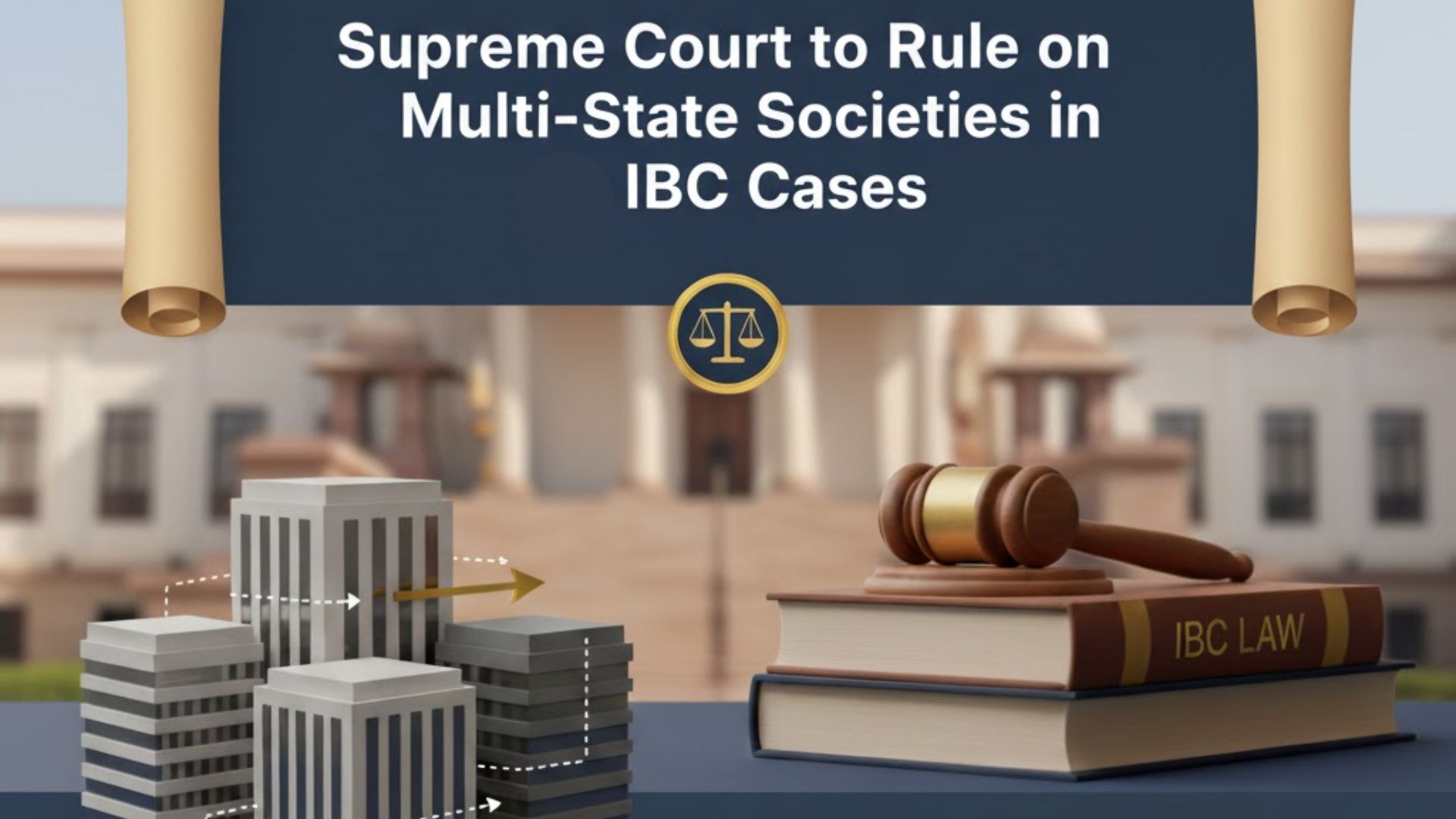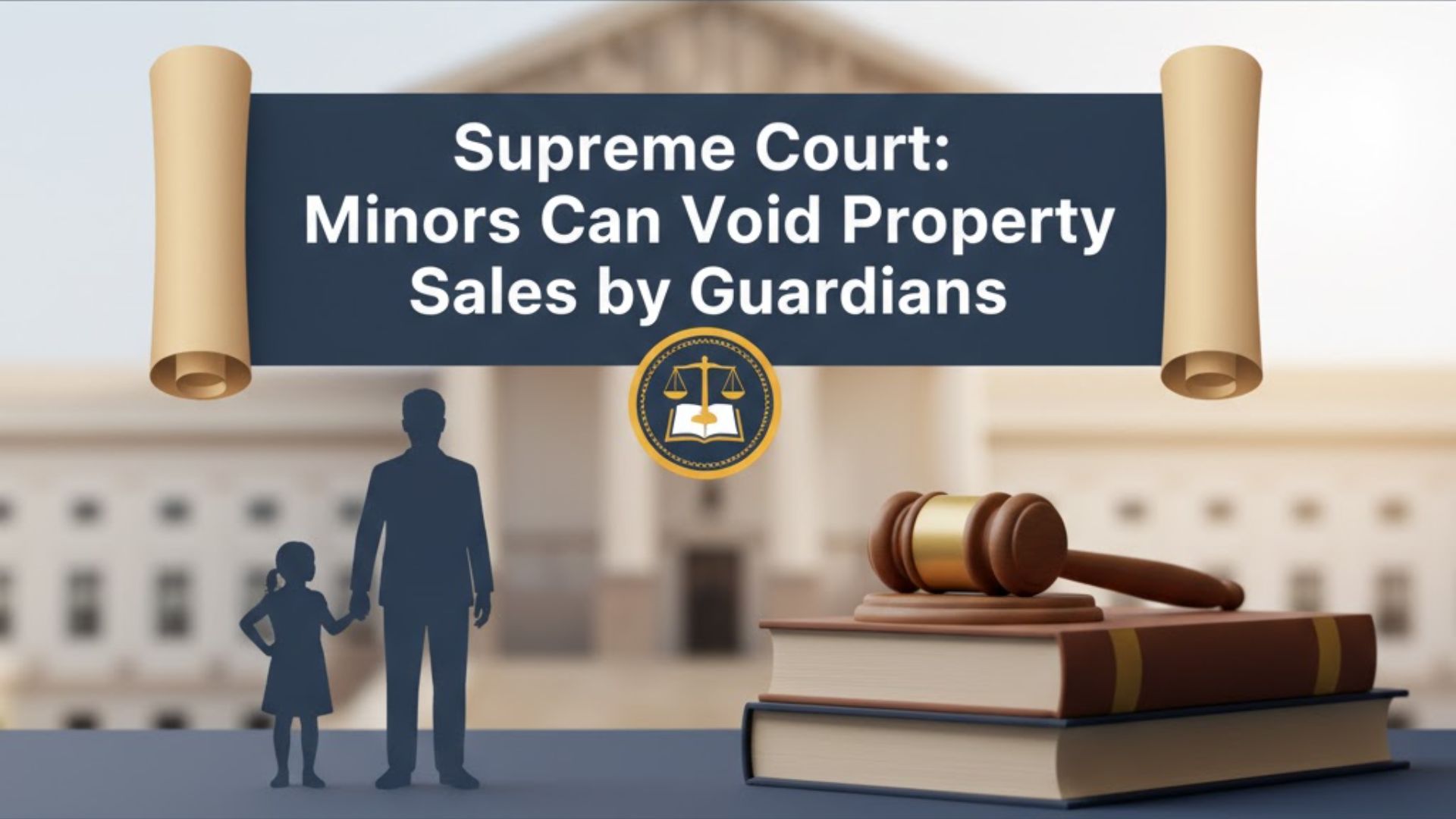Joymalya Bagchi, J.@mdashThe appeal is directed against the judgment and order dated 06.05.2004 in W.P. No. 10068 (W) of 1999 whereby
the learned Single Judge while affirming the findings of the disciplinary authority has reduced the punishment imposed upon the appellant and
directed that the punishment of reduction of pay in time scale shall not be with cumulative effect. The appellant was working as a constable of
CISF. He was attached to CISF Unit, Farakka Barrage Project, Farakka. He was suspended pending a disciplinary proceeding. During his
period of suspension, he unauthorisedly absented himself. In conclusion of the enquiry, the Enquiry Officer gave a report against the appellant. The
appellant filed a representation against the Enquiry Report. The disciplinary authority accepted the enquiry report and imposed a punishment of
reduction of pay at two stages in the time scale of pay for a period of two years with cumulative effect. The appellate and revisional authorities
affirmed the order of the disciplinary authority. The appellant challenged the decision of the respondent authorities in various Courts, namely, non-
supply of documents relied in the course of enquiry; that he was forced to sign the representation before the disciplinary authority; that charges
levelled in Article charge II was not proved and that Article of charge III was bad in law.
2. Learned Single Judge did not accept such contentions on the ground that the said issues had not been canvassed before the appellate or
revisional authority. That apart, learned Judge also was of the view that the findings of fact being affirmed by the appellate authority could not be
substituted in judicial review. Learned Judge, however, was of the view that under Rule 31 of the Central Industrial Security Forces Rules, 1969
the disciplinary authority was not empowered to impose punishment of reduction of scale with cumulative effect. Accordingly, the learned Single
Judge modified the punishment to the extent that the reduction of pay in time scale shall not be with cumulative effect.
3. Learned counsel appearing for the appellant submitted that learned Single Judge has failed to give any direction that the period of his absence
should be treated to be in service.
4. We have perused the order passed by the learned Single Judge. We find that the order does not suffer from any illegality. No prayer for
regularising the period of absence was made before the learned Judge and the learned Judge accordingly did not pass any order in respect thereof.
The appellant is entitled to make such claim before the appropriate authority, if so advised. However, in view of the scope of the writ petition and
the reliefs claimed, we are of the opinion that no order in that regard need be passed in the present appeal. The appeal and the connected
applications are accordingly dismissed.
A. Mishra, C.J.
I agree.

